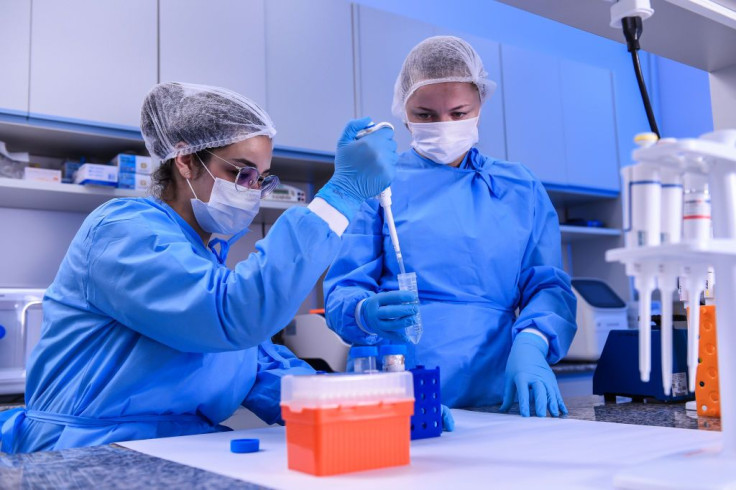
The number of new coronavirus cases being reported every day is steadily declining in some parts of the world, especially in certain U.S. states. However, that does not mean that the people in these areas have achieved herd immunity.
Herd immunity refers to a phenomenon wherein enough number of people living in an area have developed immunity against a particular pathogen so that its spread has started to slow down.
So having herd immunity against novel coronavirus means that a significant number of people have developed antibodies to have temporary immunity against the pathogen, thereby restricting the further spread of infection. Even though the estimated COVID-19 herd immunity threshold is about 60 to 70 percent, some experts suggest that it could be lower than that.
Herd immunity cannot be solely assessed based on the antibody test against novel coronavirus. Some people may develop T-cell immunity to COVID-19 still due to exposure to other coronaviruses before that cause common cold and flu. Therefore, the absence of COVID-19 antibodies does not mean that the person lacks immunity against the novel disease.
So does that mean that U.S. states are heading close to achieving herd immunity?
The highest levels of immunity against COVID-19 in the U.S. in May were found in New York City but only about 20 percent of the population. In some areas, the levels were less than 10 percent even by the end of June.
The best way, therefore, to achieve herd immunity against novel coronavirus seems to be through a vaccine, which is safe as well as effective. However, herd immunity itself can only be achieved through coronavirus vaccine if people are open to getting vaccinated once the shot rolls out for public use.
Some people fear taking vaccines and some just oppose it over other concerns. While there are many COVID-19 vaccine candidates in last-stage human trials across the world, it is not yet clear when exactly would herd immunity be achieved after the shot is made available to people.
© 2025 Latin Times. All rights reserved. Do not reproduce without permission.




